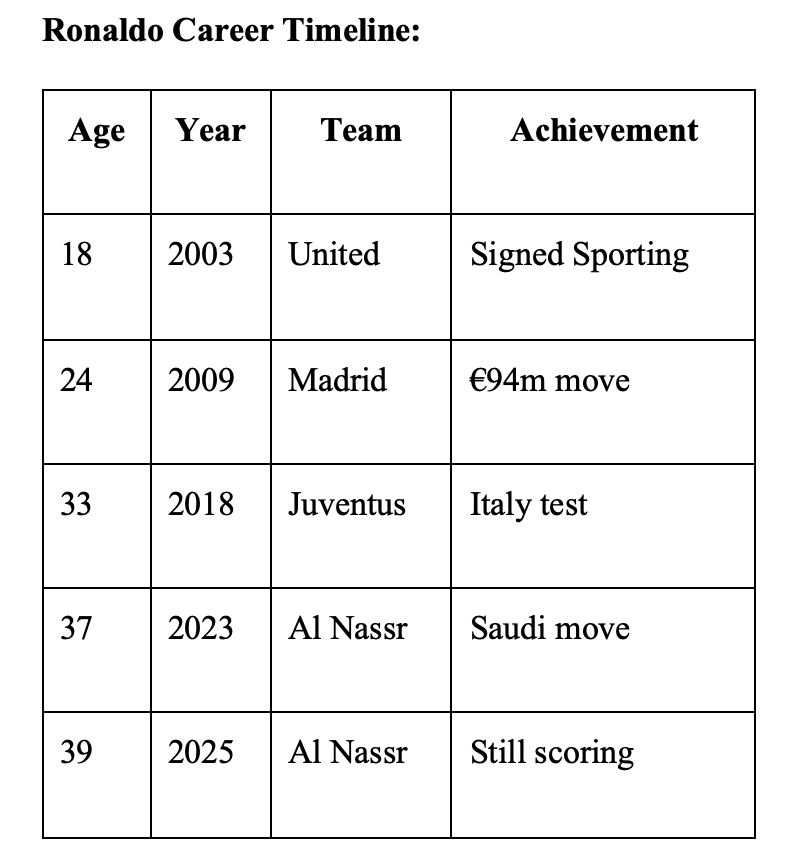Most people who bet on soccer treat it as a weekend activity with no structure behind it. They pick teams based on gut feelings, stick to one sportsbook, and never write down what they win or lose. This approach produces inconsistent outcomes because it relies on memory and instinct rather than method. The bettors who generate profit over months and years follow repeatable processes. They manage their money with fixed rules, compare odds before placing wagers, and review their performance on a schedule. These habits are simple to describe but require commitment to maintain. The difference between recreational betting and profitable betting comes down to behavior, not luck.
Setting Bankroll Rules That Work
Betting units should fall between 1% and 5% of your total bankroll on any single wager. This range protects you from variance while still allowing meaningful returns when your picks prove correct. A bettor with $2,000 set aside would place between $20 and $100 per bet depending on confidence level and perceived value.
Keeping this range consistent matters more than the specific percentage you choose. Irregular bet sizing introduces unnecessary risk. Some weeks you might feel confident and overextend, then pull back after losses. This pattern erodes bankrolls faster than any string of bad picks.
Monthly reviews of betting expenses help you spot patterns in your behavior. Recording every bet, including stake, odds, and outcome, gives you actual data to analyze rather than vague impressions of how things went.
Line Shopping Across Multiple Platforms
A $10 difference on a single bet adds up to $2,000 over 200 wagers in a season. Finding the best available odds requires checking several sportsbooks before placing any bet. Bettors who compare lines on platforms offering online soccer betting alongside apps like DraftKings, FanDuel, and local bookmakers consistently capture better value than those who stick to one provider.
This habit takes minutes but compounds into real profit over time. The line you accept determines your margin on every correct prediction you make. Shopping around builds the kind of edge that separates long-term winners from casual punters.
Using Expected Goals in Your Analysis
Expected goals, or xG, measures the quality of chances created during a match. A team might win 1-0 while generating 0.4 xG against an opponent who created 2.1 xG worth of opportunities. The scoreline tells you who won. The xG tells you who played better and what outcome was more likely.
Single results mislead. A team on a three-match winning streak might have benefited from opponent errors, goalkeeper mistakes, or deflected shots. Their xG numbers reveal the underlying quality of their play. Bettors who rely on recent results alone miss this information.
Incorporating xG into your research allows you to identify teams that overperform or underperform their expected output. When the market prices a team based on recent wins despite poor underlying numbers, value appears on the other side.
Tracking Closing Line Value
Closing line value, or CLV, measures how your bet compares to the final odds before kickoff. If you bet a team at +150 and the line closes at +130, you captured positive CLV. This metric tells you if you consistently beat the market.
CLV serves as one of the strongest indicators of long-term success. Markets incorporate information up until game time. Bettors who regularly capture value before lines move demonstrate skill rather than luck. Tracking this number over hundreds of bets reveals your actual edge.
Recording CLV requires noting both your betting odds and the closing odds for each wager. This takes effort but provides feedback that win-loss records alone cannot give you.
Building a Weekly Review Process
Set aside time each week to review your bets from the previous seven days. Look at your reasoning for each pick, the odds you accepted, and the outcome. Note any patterns in your behavior.
Monthly summaries aggregate weekly data into longer trends. You might notice that your Premier League bets outperform your Serie A bets, or that your confidence on certain bet types exceeds your actual results. These findings inform adjustments to your approach.
Football betting in 2025 rewards research, discipline, and analytical thinking. Success depends less on luck and more on process. Bettors who treat their activity like investors rather than gamblers position themselves for better outcomes over time.
The Compound Effect of Good Habits
Small advantages accumulate. Shopping lines for an extra $10 per bet, tracking CLV to verify your edge, using xG to spot mispriced teams, and maintaining strict bankroll rules all contribute to your bottom line. None of these habits produce dramatic results on any single day. Their power comes from repetition over hundreds of bets.
Building these behaviors takes time. Start with one or two changes and add others as the first habits become automatic. Consistency in process leads to consistency in results.

